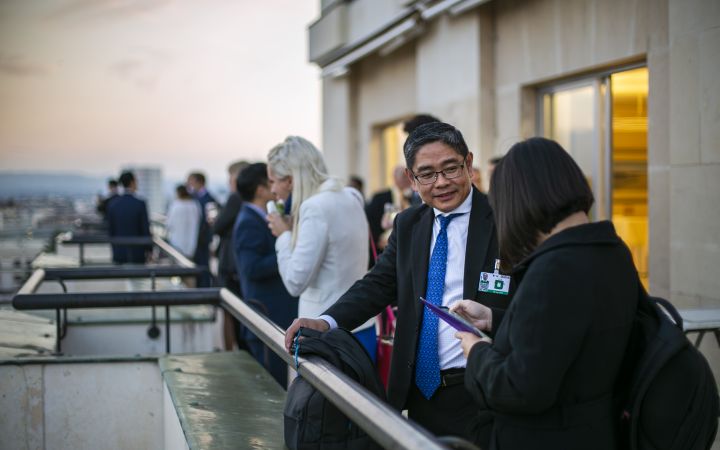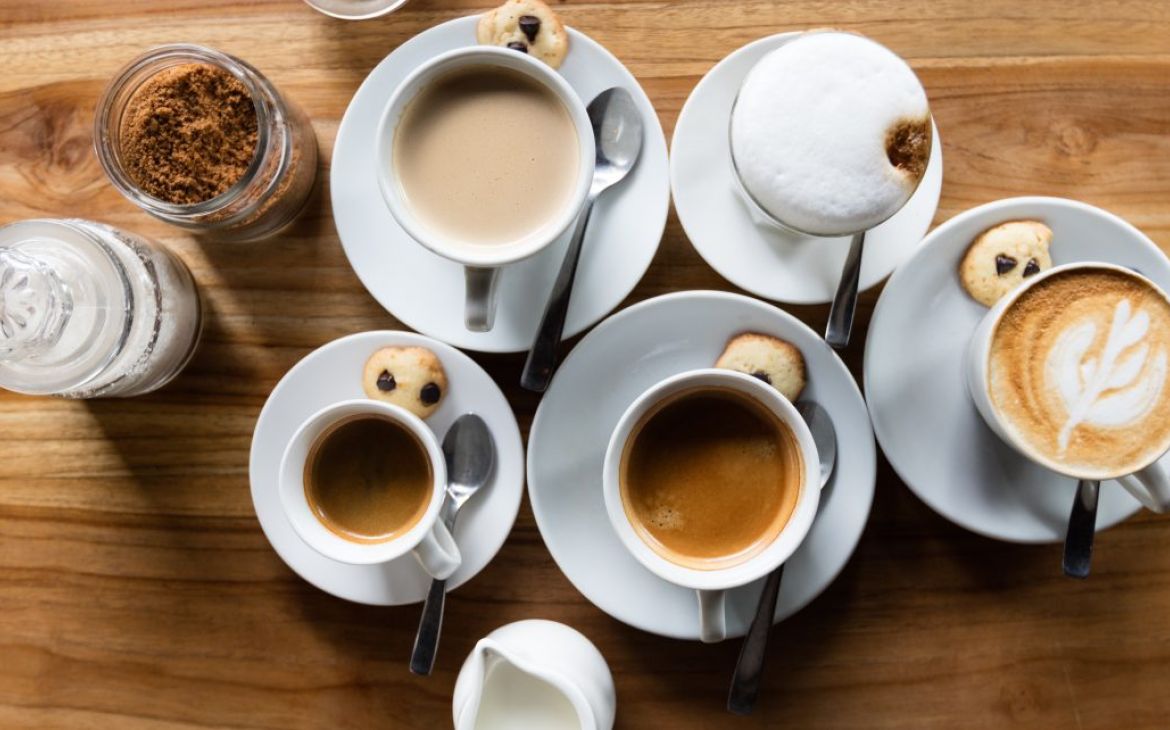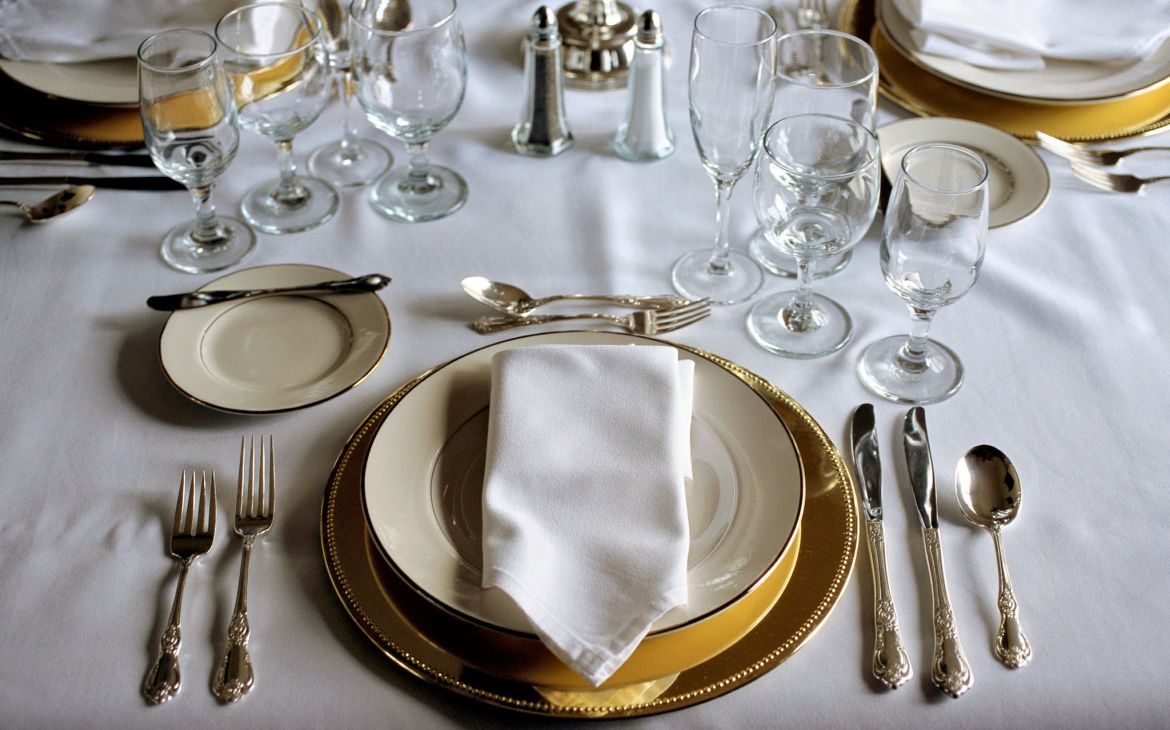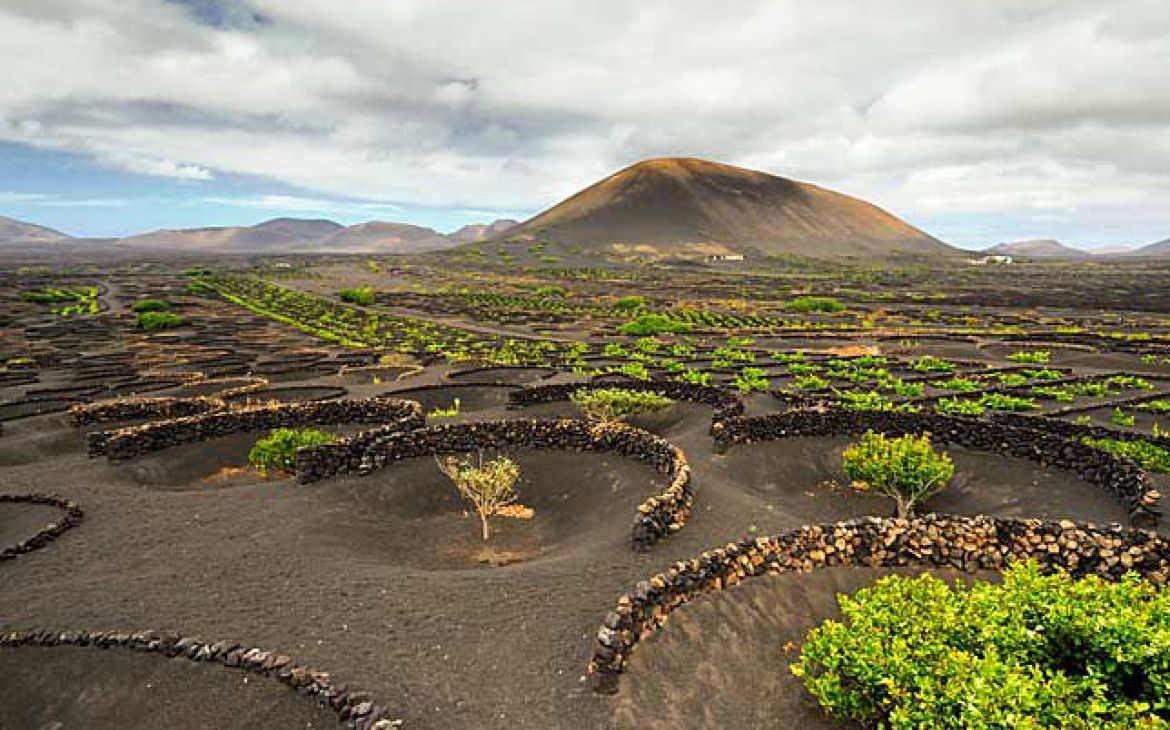Geneva, 22nd December 2020 - Table etiquette, cultural dissection, and culinary art are often overlooked, yet essential skills for the seasoned diplomat. Many diplomatic academies include an assessment of table etiquette in their selection procedures. Building up on the Institute’s commitment to excellence in innovative capacity-building for leaders of all sectors, UNITAR welcomed an international audience of participants to its first edition of the Extended Diplomatic Skills: Core Hospitality Skills training course. Participants from national governments, the private sector, and academia benefited from a unique combination of the main elements of international hospitality with diplomatic activities. Participants’ high degree of engagement vouched for the high quality of the learning content. UNITAR experts demonstrated a high degree of professionalism and mastery in the three covered areas of focus: table etiquette in various cultures; intercultural hospitality and cultural dissection; and wine knowledge. Through their feedback, participants maintained that all courses were highly relevant and applicable to their jobs, and that their awareness in all three areas has increased greatly.
“Overall, this was a wonderful experience, it enhanced my knowledge with interesting and helpful tips. I surely would be interested with a similar course, even a more advanced one related to these topics." - Core Hospitality Skills participant
Considering that participants’ backgrounds was primarily connected to conference management, event organization, and protocol and etiquette, UNITAR is pleased to observe such a positive appraisal of its training event.
With the first session, titled ‘Table Etiquette’, participants benefited from the world-class expertise of Mr. Ghassan Hajjaj, specialist in Royal and formal protocol in intercultural settings. Participants’ high degree of participation in group exercises and the quality of discussion in the Q&A session displayed a significant engagement with the learning of table settings, decorations, cutlery and dish types, and culture-specific behaviour and etiquette.
Intercultural awareness is an essential skill to the seasoned diplomat. In the following two sessions, Dr. Peter Varga, expert in intercultural interactions and food symbolism from a cultural perspective, shared with the participants the various methods of deciphering foreign cultures to transform situations of potential hostility into those of intercultural hospitality. Special value was given to the case studies, thoroughly enjoyed by all, in which real-life events involving intercultural diplomatic exchanges led to conflict. The session concluded with a thought-provoking Q&A session and subsequent discussion.
In the third and final chapter of the training session, Mr. Gildas L’Hostis, whose expertise centres around wine and art, wine pairing, and wine economics, provided participants with the opportunity to discover the history of wine, the many factors affecting its taste and production, and the most prominent methods of reading and choosing a wine label, and subsequently, pairing the appropriate wine with the appropriate dish. Considering participants’ professional backgrounds involving high-level event and conference management as well as diplomatic protocol and etiquette, participants expressed particular engagement with the focus brought on wine economics by Mr. L’Hostis.
The Institute was pleased to receive highly appreciative feedback from participants, who have expressed their willingness to pursue future related courses at a higher level. UNITAR certainly looks forward to the next editions of these unique training courses.





